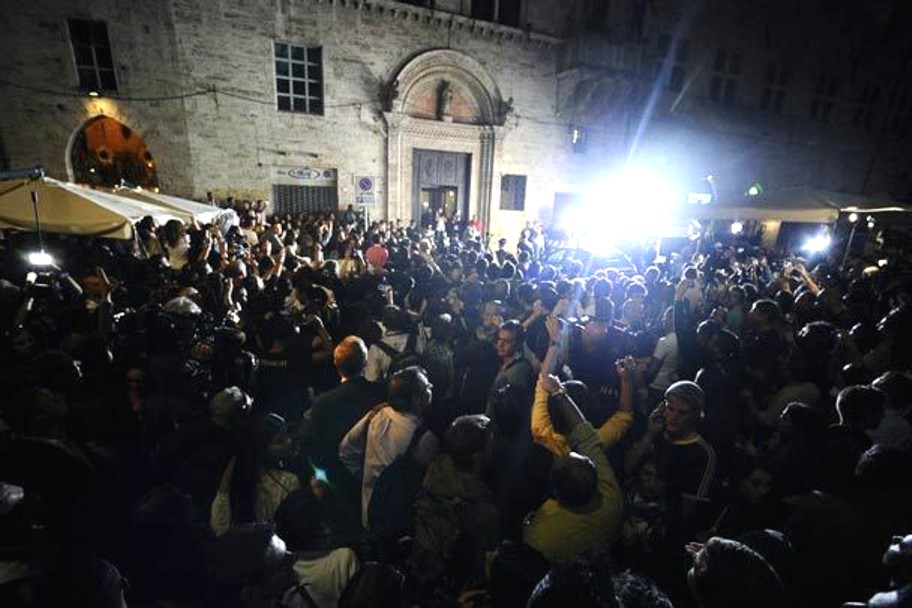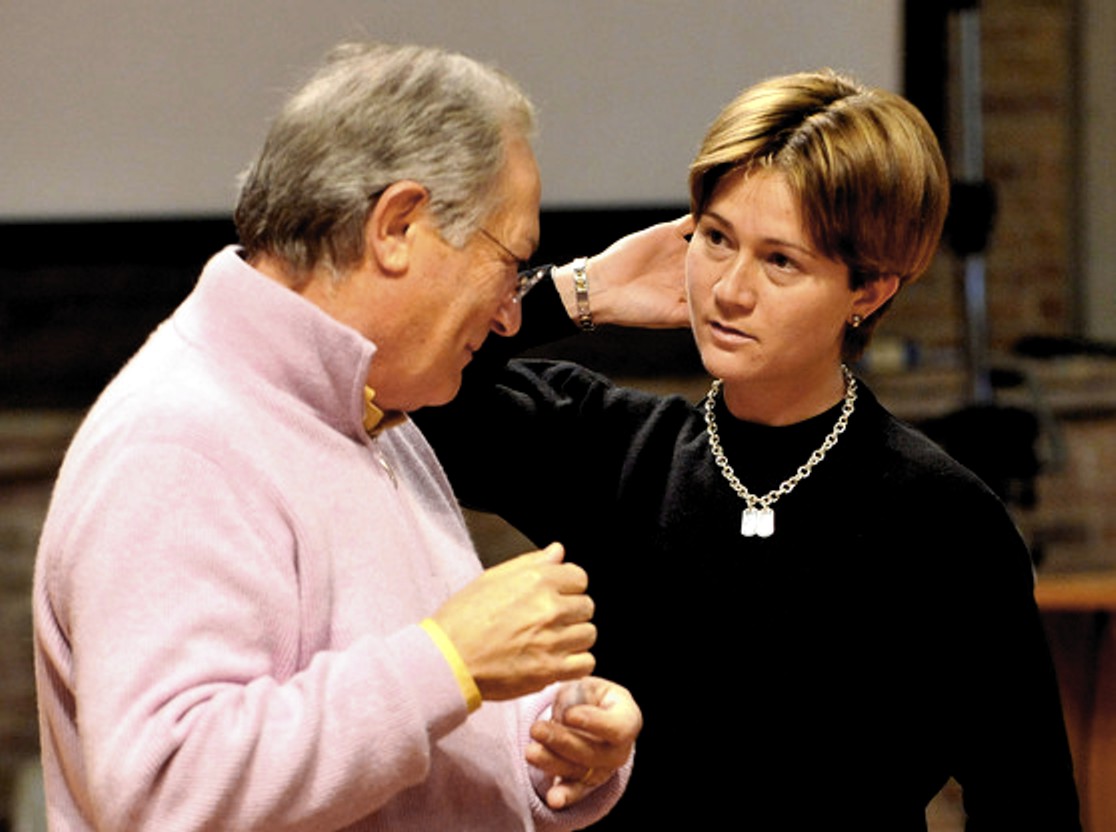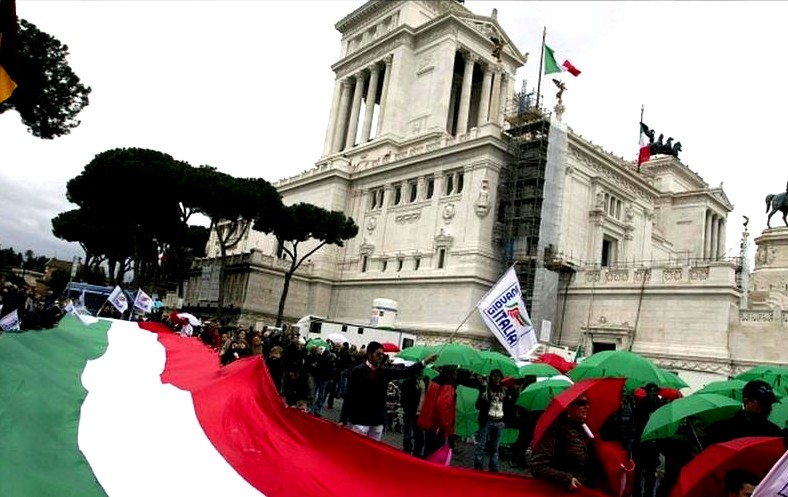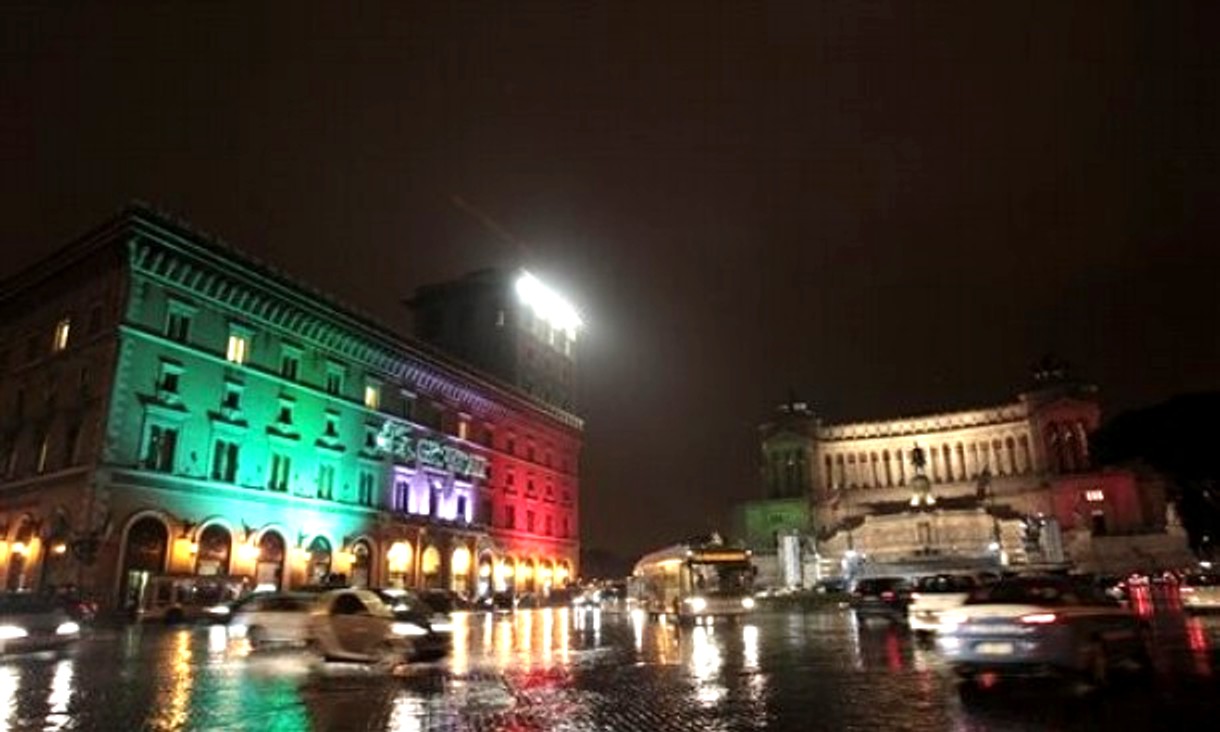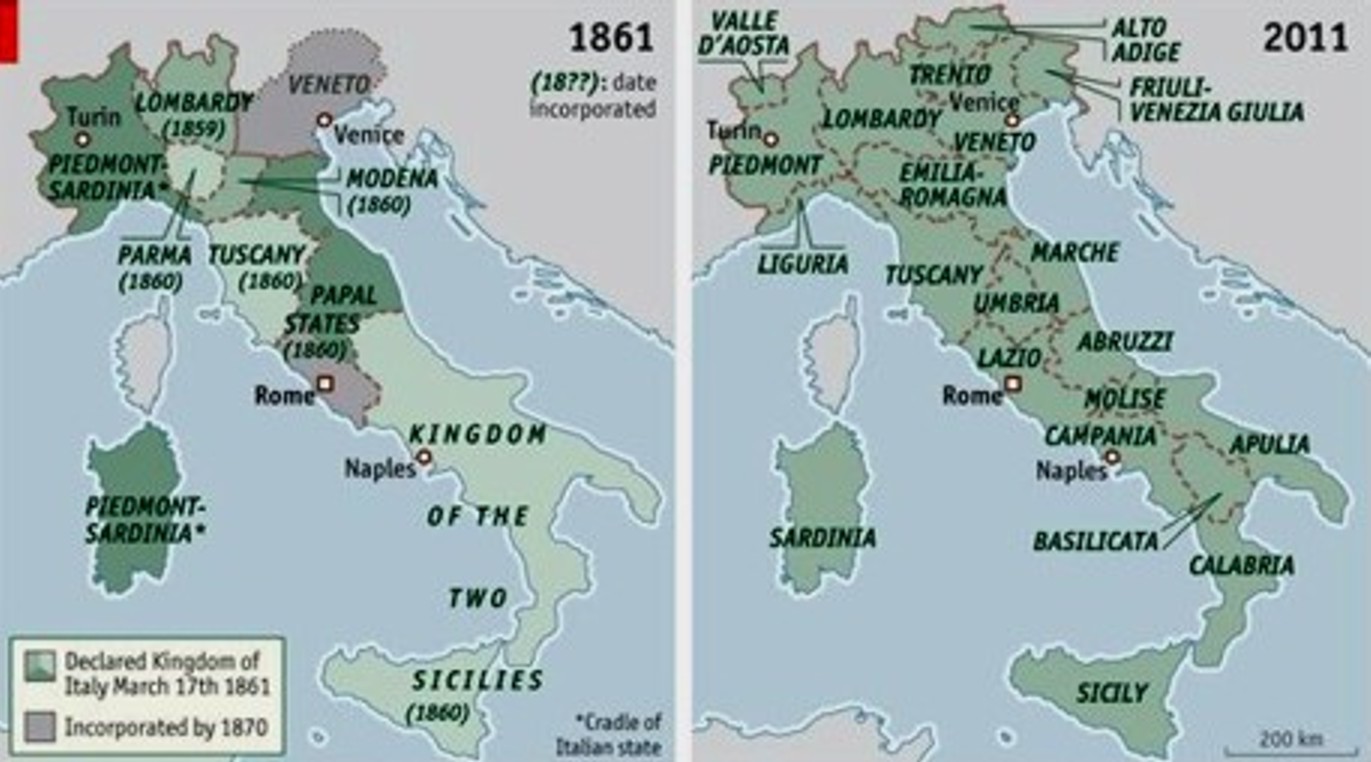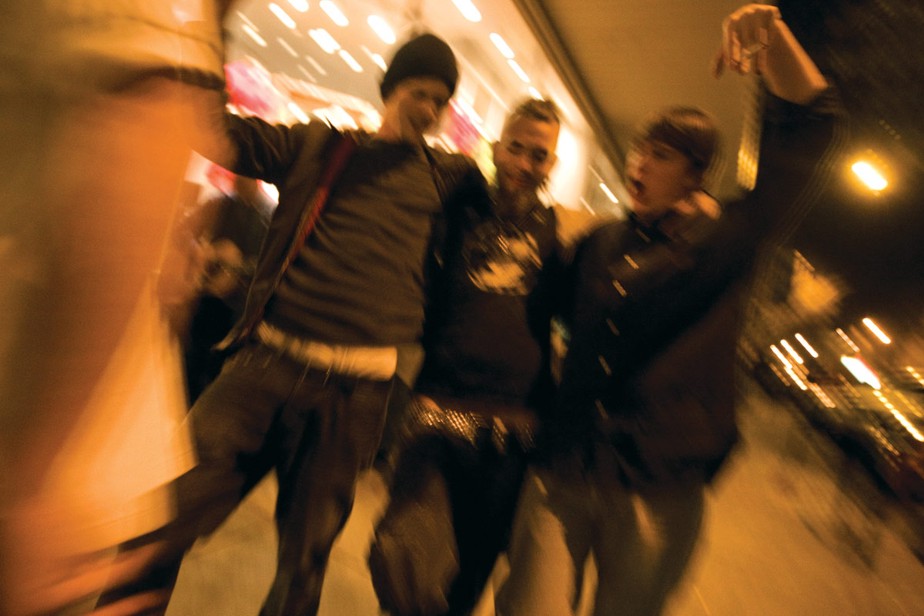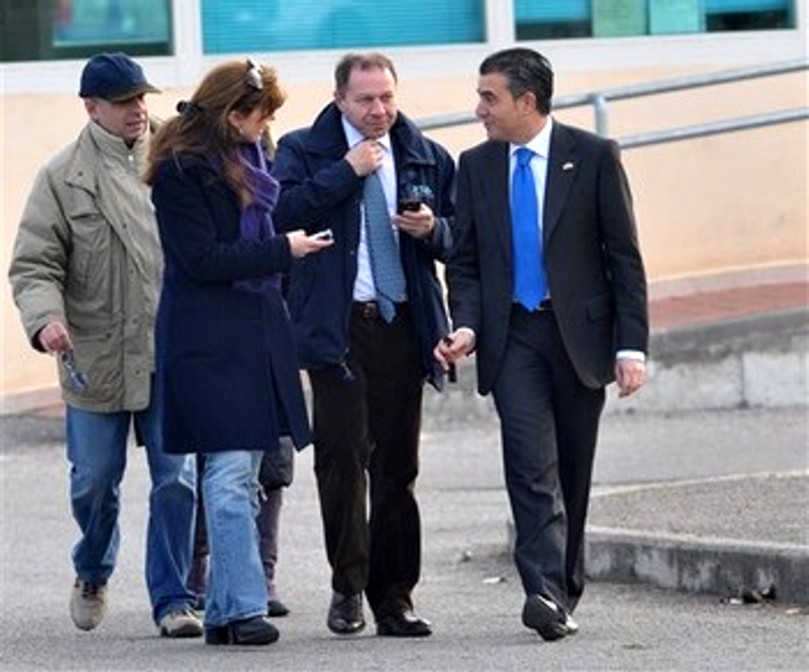
Category: Italian context
Monday, October 17, 2011
PM Berlusconi Survives Italian Vote Of No Confidence: Did The Perugia Appeal Outcome Help?
Posted by Peter Quennell
Even some opposition MPS’s voted for Mr Berlusconi last Friday.
They consider him the only leader right now that might pull Italy out of the economic soup. His popularity polling was already down below 30% and his party’s position in the parliament very weak.
Italy and the other so-called PIIGS countries (Portugal, Italy, Ireland, Greece and Spain) have all amassed public debt that exceeds what those economies now produce in one year. (So has the United States. Right now, its national debt is around $15 trillion and its annual GDP about 10% below that.)
Most of that Italian debt was racked up under Mr Berlusconi in the past 10 years when his pro-big-biz policies failed to make the economy grow. (In general big biz adds little value and few jobs. Why Europe and the US and Japan are in the messes they are in.)
Below, you can see the current Rome street reaction which is in effect blaming him for running the economy into the ground and for now make everyone pay. They have a point.
What connection might Mr Berlusconi’s predicament have to the outcome in Perugia? Well, for one thing, it was a small but vital victory for him against the Italian judiciary, with whom he is in the midst of a white hot war. It may well have helped him to survive that vote.
From a very good report by Alessandro Speciale.
Recently, the prime minister’s assault on the courts has taken on renewed urgency. A string of scandals allegedly involving Berlusconi began emerging in the spring of 2009, culminating with the case of Moroccan belly-dancer “˜Ruby the Heart-Stealer’ who has taken part in so-called “˜bunga bunga’ parties at Berlusconi’s villa when she was still underage…
In one wiretapped conversation, he was heard asking Valter Lavitola “” a journalist and fixer who took refuge in Bulgaria after Italian police issued an arrest warrant for him “” for a “˜suggestion’ on the appointment of the deputy head of the Guardia di Finanza, Italy’s financial police….
“The country is in a critical condition,” warned Emma Marcegaglia, president of Confindustria, the country’s main business association. She urged the government to act “very quickly” or for it to resign….
Despite the urgent nature of the fiscal crisis, Berlusconi has failed to secure a new central bank governor. The outgoing chief of Banca d’Italia, Mario Draghi, will take over the European Central Bank at the end of October. The natural successor for the job, Draghi’s deputy, Fabrizio Saccomanni, has been vetoed by the government’s coalition partners. A weakened Berlusconi stands impotent to overcome the vetoes.
So his remaining allies in the parliament usefully leap in.
Instead of focusing on the fiscal crisis, his allies in Parliament are fighting on behalf of their leader. They’ve been working to curb wiretapping “” to thwart the embarrassing leaks to the press ““ and to make the statute of limitations even shorter. But his majority is now so fractured that even these projects have not progressed. Instead, the prime minister’s troubles have triggered infighting in his government. Lieutenants and would-be-successors are jostling for the spotlight in the event of his downfall.
In a move described by critics as a desperate attempt to protect his boss, Minister of Justice Francesco Nitto Palma has launched an inquiry on the magistrates investigating Berlusconi in Naples and Bari, to make sure they themselves hadn’t breached the law.
MP Rocco Girlanda petitioned the President for an investigation into the Perugia prosecutors, but he did not even get a reply. (The President is no friend of the PM.) Perugia prosecutors are running this national investigation into bribes that Berlusconi’s allies might have taken, and Perugia prosecutors represent perhaps his biggest threat.
Are we suggesting there was a US-Italian conspiracy to spring Sollecito and Knox at the end of the appeal and conveniently make the Perugia prosecutors look fools?
Nah, we really don’t believe in elaborate conspiracies here. But it is amazing what happens at higher levels with just a few winks and nods.
Monday, October 03, 2011
Knox And Sollecito Declared Not Guilty But With Angry Booing Outside The Courtroom
Posted by Peter Quennell
Monday, May 02, 2011
Could One Good Outcome Of This Sad Case Be That Italy Sees Less Foreign Student Druggies?
Posted by Our Main Posters

[Above: the city of Florence north of Perugia where there have been several drug-driven murders]
Chicago’s Loyola University has just done a survey of American students to see if Amanda Knox’s experience in Italy could be offputting.
Quite a few respondents said that it could. Anti-Italianism does have some traction.
But if you look closely at the poll, it didn’t ask all of the right questions. The availability and effect of drugs was not included as a factor that might attract students to Italy.
American student buzz had long been that if you want to seriously party in your study year in Europe, Italy was an easy and safe place for drugs, and Perugia especially so.
But then Amanda Knox was widely reported as admitting to drugs on the night that Meredith died. And there have been other recent high-profile murders in Italy, also involving Americans on drugs.
One direct result is that there has been some high-profile tightening up on drugs lately in Italian universities.
The message has been beamed at American students that you can now get into serious trouble if you mess with drugs - and you may get no sympathy at the American Embassy.
Precisely as the Italians intended, this could be turning a proportion of prospective students off.
Monday, March 28, 2011
The Sollecito Family Criminal Trial And Civil Trial For Leaking Evidence Will Both Start On 29 April
Posted by Peter Quennell
The Sollecito family face charges for releasing an evidence video to the Bari TV station Telenorba showing Meredith’s body unclothed.
Also for attempting to influence some politicians to get some cops investigating the case moved on. Several Telenorba TV Bari staff-members will also also face charges. The trial was postponed five weeks ago as the judge was still on another case.
It is now reported in Italy by the news service Adnkronos that at today’s brief hearing a Kercher family civil suit against the Sollecitos for this disrespecting of Meredith will run in parallel.
The Sollecito defense team want to dispute the Perugia court’s jursidiction as the alleged crimes took place in Bari and Rome. That seems unlikely to fly as the evidence leaked was taken from Perugia.
The next court date for the Sollecito family will be Friday 29 April.
Thursday, March 17, 2011
Today’s Celebration In Italy Of Its Unification Into One Nation 150 Years Ago
Posted by Peter Quennell
Saturday, March 05, 2011
Thoughts On Meredith’s Tragic Case And Its Significance In The Bigger Scheme Of Things
Posted by Saskia van der Elst
As one of the regular commentators on this forum once pointed out, the question we all are trying to answer regarding the pointless murder of the talented and beautiful Meredith Kercher in Perugia is: What is it, that keeps on drawing us to this case?
We all have our own reasons. According to me, a murder case seldom has so much in common with an old school murder mystery, or “whodunnit”. A victim that you instantly sympathize with, several suspects, each with their own particular background, ethnic origin and possible motives, a tragic event taking place on the day of the Death, a charismatic prosecutor, who himself is the center of some controversy, and all of this set in the stunningly beautiful medieval hilltop town of Perugia, with its two universities, its relatively small population and its many temporary residents, studying and partying in the small town center.
All are ingredients for a captivating story: a small universe, that can easily be explained to an outsider and once you heard the beginning of the story, you crave more. More information, more depth, more color. For those that have a normal, healthy brain, there comes a point in any murder mystery where you are convinced of the guilt of one or more of the characters in the story and as you near the end of the story, there might be an unexpected twist, but you can rest assured that you will find out who did it.
Of course, in real life stories don’t follow formulas, most of the time they don’t have a definitive ending and in the case of the murder of Meredith, the book is not closed. The three perpetrators of the crime have been convicted to a total of 67 years in jail between the three of them, but all three maintain their innocence. We all know that three cannot keep a secret, so it is a matter of time until one of them reveals more about the exact events that took place on the 2nd of November in 2007.
Each of the three perpetrators will go through a process of maturing in prison. Once they feel they have paid a significant price for their crime, they may realize the graveness of they crime and realize that they made bad decisions in their past. Not until that moment, they can find redemption and may feel the need to let the world know that they have changed as a person. All three perpetrators were immature in their own way when they committed their crime, so it might take a while for them to mature enough to be able to face reality.
Rudy might be the first one to reach that point, since he is more or less an orphan, with no controlling relatives, friends and others with vested interests in the lies that have masked the truth. Nobody will lose face if he decides to confess his participation in the crime. The same thing, but to a lesser degree, is true for Raffaele. Since he never even cared about clarifying all inconsistencies in his stories, he implicitly has already admitted his involvement. He too, doesn’t affect many people if he opens up and gets clean. The only close relatives he has are his father and sister and they have not publicly expressed a strong believe in his innocence.
Amanda is in a much more difficult position, because of the amount of people that was mobilized to defend her. By now she has been the income generator for quite some people and although nobody envies her parents, they have a clear mission, that keeps them occupied and that gives their lives meaning. The moment Amanda would confess her involvement, the parents would be forced to exchange the “free my innocent daughter” banner for one that reads “I raised a murderess that is serving two and a half decades in a foreign prison”.
On top of the above, the process of coming clean might be a slow one, because all three suffer from uncertainty about how the other two are doing. That uncertainty might cause postponing the advance, until they are forced to speak up, because one of the others did so first.
The result for those that are following the case is that we know we don’t have all information yet and for us to fill in all the blanks and be able to understand what exactly has happened to Meredith we need that information. Until we have it, we cannot accept the story as is as it leaves us unsatisfied. Of course we are talking about a true story here and not about a work of fiction, but for the rational part of our minds that doesn’t make a difference.
Friday, November 12, 2010
Report Students Studying Abroad on Average Double Or Triple Their Alcoholic Intake
Posted by Peter Quennell
American embassies and other nations’ embassies abroad get to hear of hundreds of cases a year of students who got in over their heads.
In the past couple of years, there have been TWO notorious murders by foreign students in Florence alone. Florence is about one hour’s drive north of Perugia. The embassy simply shrugged and moved on as Italian justice worked its careful process through.
Both perps happened to be American, and both were high. There were no cries in those cases of anti-Americanism. Howvever, there was some troubled talk in Italy of the excesses foreign students go to.
And a lot of tightening up by the colleges who send a lot of students abroad, including the University of Washington (Amanda Knox’s college) and Pepperdine University (Steve Moore’s former college - this helped to seal his firing.)
Amanda Knox is one of the rare ones who shrugged off all home-college supervision, presumably with the okay of her parents. Meredith was closely watched over by the Erasmus scheme, which sadly did not save her life.
Now the University of Southern California’s student newspaper carries this report on one root cause of students facing foreign judges.
Students traveling abroad can keep glass half full
By Kelsey Clark of the Daily Trojan
According to researchers at the University of Washington, American college students who study abroad are likely to increase “” even triple “” their alcohol consumption while traveling internationally.
Students over the age of 21 doubled their intake of alcohol from an average of four drinks per week on campus to eight drinks per week abroad, according to a study published in the October issue of Psychology of Addictive Behaviors. The overall increase in surveyed students’ alcohol consumption was 105 percent, while those underage students tripled their drinking with an increased consumption of 170 percent….
By consuming alcohol in excess, particularly in an unfamiliar country, the risks for students are greater than those traditionally associated with a night of drinking at USC.
Though instances of injury, crime and sexual abuse do occur as a result of binge drinking at USC, such severe ramifications are comparatively rare within the university’s party culture. Some of the more prevalent woes are students who slept through class because of a hangover or ruined a cell phone by jumping in a pool.
But students who travel abroad must take additional precautions as the heightened risks include becoming lost, getting pick-pocketed or otherwise taken advantage of.
And of course bumping some poor innocent person off.
Monday, November 08, 2010
Another In Seeming Never-Ending Disasters For Hapless Knox Campaign
Posted by Peter Quennell
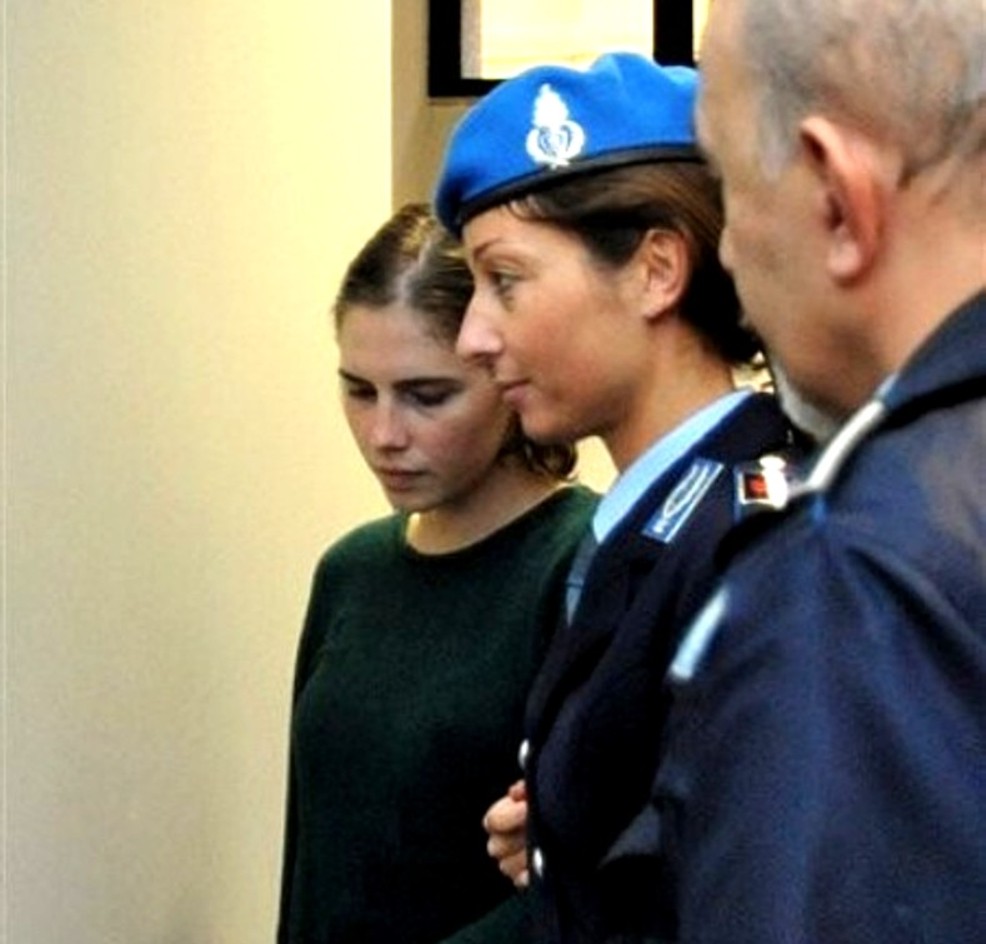
Apparently xenophobia and sliming and serial misconstruing of the evidence isnt working. The Italian authorities continue to be relentless and unblinking.
In court today, Amanda Knox was indicted by the judge and she WILL stand full trial next May for calunnia. This first report on the BBC News website as follows.
American student Amanda Knox is to face trial for slander after saying police beat her during questioning over the killing of Briton Meredith Kercher.
A judge made the decision at a closed indictment hearing in Perugia, Italy.
Knox, 23, told the judge she never intended slander and was just trying to defend herself, her lawyer said.
Ann Wise of ABC News adds this.
American student Amanda Knox was indicted for a second time by an Italian court today, this time for allegedly slandering Italian police for saying they were abusive when they interrogated her for the murder of her roommate.
Knox, who was convicted last year of murdering Meredith Kercher and sentenced to 26 years in prison, stood up in court and made what Italian legal officials call a “spontaneous statement” before the judge’s ruling.
“I have always tried to defend myself. I never wanted to offend or slander anyone,” Knox said in Italian.
Nevertheless, preliminary hearing Judge Claudia Matteini indicted Knox, 23, for slander.
The charge refers to Knox’s testimony during her murder trial that Italian police were rough with her when they interrogated her overnight just days after Kercher’s body was found in a pool of blood in the house they shared.
She claimed the officers yelled at her, discouraged her from calling a lawyer and cuffed the back of her head. The 12 officers named in the slander complaint have denied being abusive to Knox.
At the end of the long interrogation, Knox signed a statement in which she said she had a confused dream-like recollection of being in the house and hearing Kercher scream, effectively placing her on the scene of the crime.
Knox’s lawyer Carlo Dalla Vedova said Knox was “saddened” by the decision.
Another lawyer for Knox, Maria Del Grosso, told reporters that “for Amanda this (interrogation) was the genesis for her homicide accusation. She is very frustrated and obviously disappointed, but she knows that today’s was only a preliminary hearing and the truth was not ascertained today. Let’s hope it is when the case is debated because there was something that went wrong that night.”
Knox was driven into the courthouse in a police van with darkened windows. The hearing was closed to the public, but photographers were able to get a glimpse of her in the courtroom hallways. Looking thinner and drawn, Knox wore a dark green sweater and black pants, her hair is a jaw-length bob.
Before the hearing, Knox’s stepfather Chris Mellas told ABC News that “Amanda is doing better. She is rightfully angry about the slander accusations, and told me she was going to speak out in court this morning. She told me she wanted to tell them that she sees police interrogations shown on TV all the time, and would like to know why her interrogation was not recorded or videotaped.”
But according to her lawyers, she limited her statement to saying she was just defending herself and did not want to offend.
Knox will go to trial for slander on May 17, 2011 before a single judge, Cecilia Bellucci. Matteini said the case needed to go to trial to resolve some formal technical matters, and to debate the accusations, possibly with witnesses.
The lawyer for eight of the police officers, Francesco Maresca, said that the “framework of the request for an indictment was confirmed, and now we await the debate.”
Conviction of the charge could add as much as six years to Knox’s prison sentence.
Again, this is the nexus of Amanda Knox’s accusation against poor Patrick Lumumba who spent two terrifying weeks in Capanne Prison and later lost his business when the customers fled.
Whatever else she may be, Knox does seem to be a serial blamer of others. Blaming the cops for her blaming Patrick, Knox seemed to us to think, was an easy way out.
Italian reports say that she seemed to be scowling or sour or very serious or depressed (no mention of nervousness) and that she had put on a few pounds.
Sunday, October 31, 2010
Corruption Of Appeal: Angry Top Criminal Judge Chiari Is Blatantly Forced Aside
Posted by Peter Quennell

Umbria’s top criminal judge Sergio Matteini Chiari
Very Dirty Business
Only one month ago Umbria’s top criminal judge Sergio Matteini Chiari was to preside.
Now a very angry Judge Chiari has been forced aside with no public explanation from Chief Judge De Nunzio [image below] as to why.
A wildly wrongly qualified judge, Hellmann, a business judge with just two criminal trials in his past, both fiascos, mysteriously takes his place.
Rumors of foul play are appearing in the Italian media. Has Chief Judge De Nunzio been leaned upon politically? Do big bucks or rogue masons have any role in this?
Please click here for more
Friday, March 19, 2010
Rome Panel On Meredith’s Case: Seems To Have Been Shallow, But Of No Comfort To Knox Apologists
Posted by Cesare Beccaria
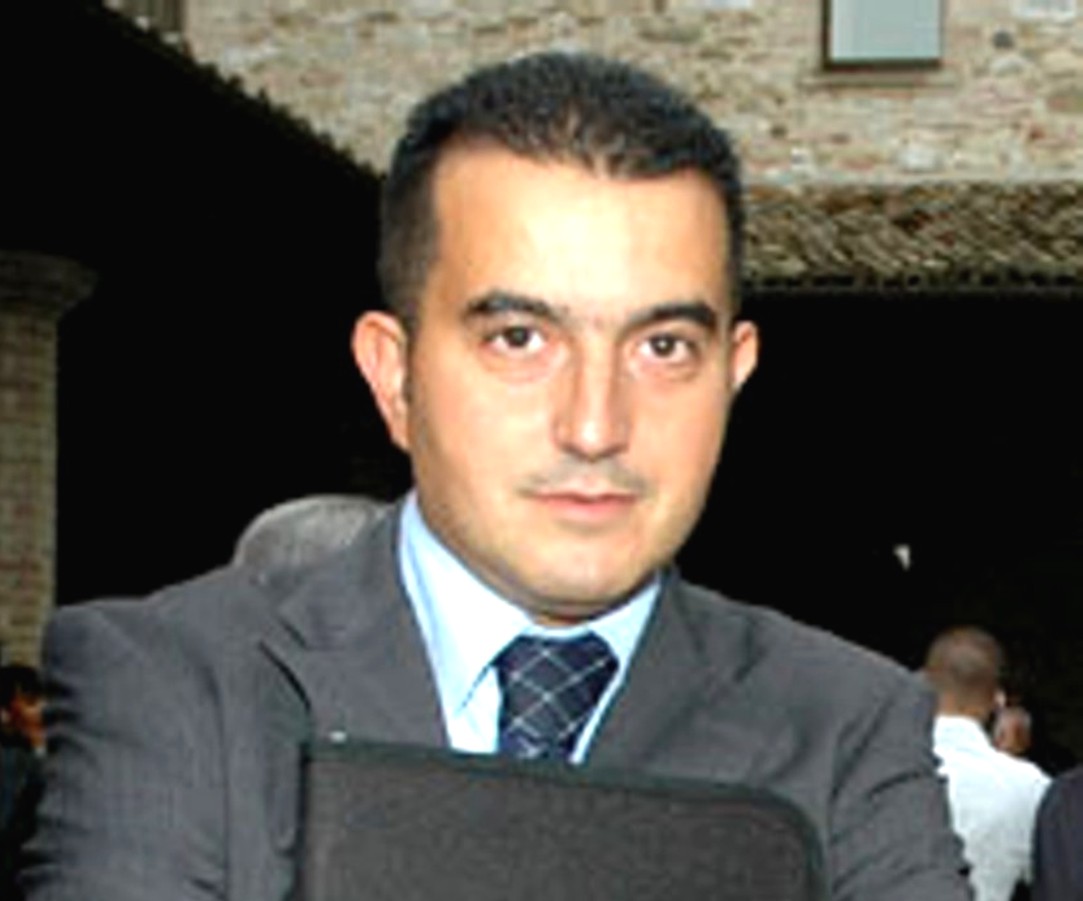
[Above: IAF president Rocco Girlanda - a wannabe Italian David Marriott?]
The outrage that directly led to the creation of TJMK late in 2008 was the deliberate attempt to disappear Meredith and to replace her as the “real victim”.
Reversing that horrible trend and ensuring Meredith is revered, and at the end of the day granted her true justice, has always been our main mission. We have also worked to reverse the horrible sliming of Italy (a country Meredith loved and so looked forward to) and the officials and the trial process.
As far as we can see no English-language media have better explained the impressive Micheli Report and the impressive Italian system and the powerful evidence of guilt. Or for that matter lately shown Italy in such a positive light.
Ideally, if it had wanted to spread actual understanding, the Italian American Foundation Rome panel yesterday should have covered much of that same ground.
As far was we can see, it didn’t. And there seems to have been little mention of Meredith.
But at least the panelists seem to have come up with no new criticisms. Today Italy looks no worse, and Knox’s position looks no better. And the panel was inconclusive on what might have happened differently in the United States. (We reckon the outcome would have been identical but the sentences would have been Life.)
Andrea Vogt reports for the Seattle P-I on yesterday’s doings. Key excerpts below.
1) On the Italian American Foundation panel
The gathering was not so much an exercise in legal theorizing as one to smooth the hard feelings between Italy and the United States over the trial of one American college student. It’s a case that has spawned books, Websites and congressional involvement.
In fact, experts decided they couldn’t say what would have happened in an American trial.
“The only answer is, it is impossible to answer this question,” lawyer Anthony Sistilli told the audience, according to ANSA Italian wire services that covered the forum. “We do not want to retry the case. We want to help bridge the gap of understanding, which is our mission for this meeting.”...
“Trial outcomes are unpredictable. You really can’t guess what the outcome would be,” Arcabascio, who is co-director of the Florida Innocence Project, told the crowd. “But reasonable doubt is a standard of proof we use in both countries.”
Arcabascio also noted that sequestered juries are still used in the United States, but less and less common due to the high cost….
“No-one had any intention of bringing up criticisms,” said Rocco Girlanda, president of the U.S.-Italy Foundation told seattlepi.com. “Our scope was simply to compare the judicial systems and trial processes of Italy and the U.S.”
2) On Amanda Knox in prison
Girlanda ended the evening on a light note, saying that perhaps after the case’s expected appeal, the association would even have the chance to have a “special honored guest,” meaning Knox.
He also mentioned that the association is continuing to meet regularly with Knox in prison. Italy-USA Association officials said that prison authorities have called Knox’s behavior in Capanne “exemplary.”
Though she had requested work in the prison laundry, she has been given a less menial task with the prison commissary. Her job, according to foundation officials who meet with her, is to take orders from the various cellmates about what they want from the prison store. Inmates are able to buy items such as candy, cheese, soda or other small shopping items.
There are also some must-read paragraphs by Andrea Vogt on the very fishy commercial aspects of IAF president Rocco Girlanda’s role in the case. Is he seeking a PR contract?
Rocco Girlanda, who is also a parliamentarian and PR consultant, has been criticized before for raising false hopes for Knox apologists, and yesterday he did it again.
Andrea Vogt also reports on the state of Seattle-Perugia relations (with links to some Facebook pages), on the new books on the case, and on a new pro-Sollecito website, apparently created by a certain Chris Mellas.
What a surprise.
Low-traffic low-traction and generally highly inaccurate apologist websites, all with a nasty sneering tone, seem to be springing up like wildflowers these days.
************
Below: IAF president Rocco Girlanda at right with fellow parliamentarians outside Capanne Prison, after visiting Amanda Knox.



